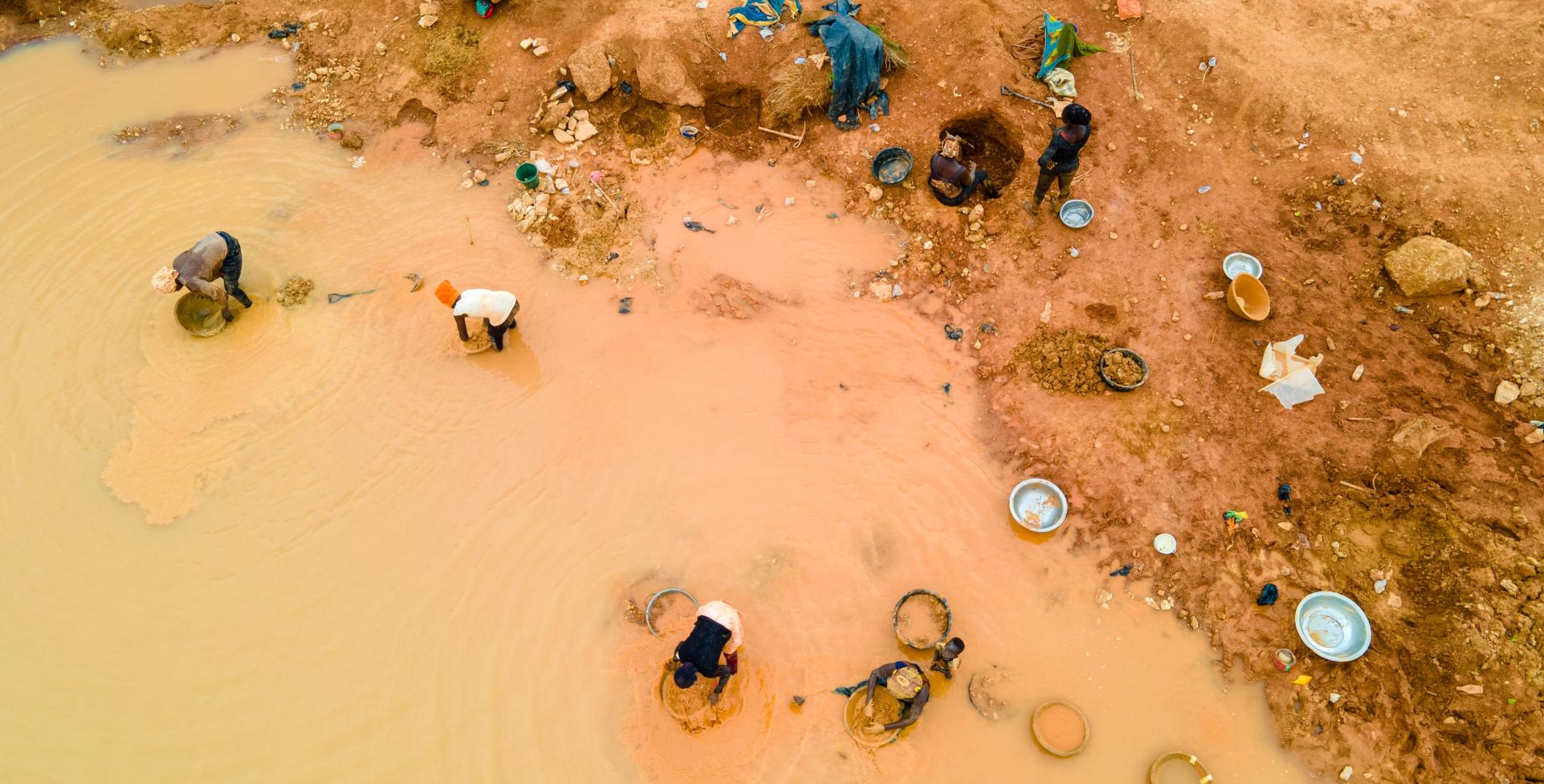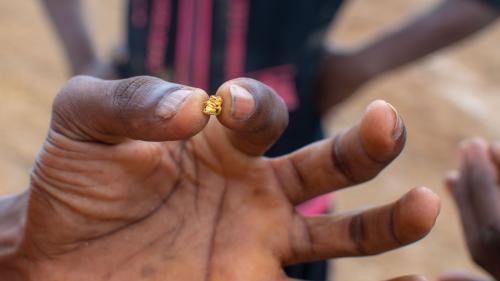
Ghana
Oil- and gold-rich Ghana seeks to enhance extractive sector governance and economic potential, and pave the way for sustainable development.
The extractives sector contributes significantly to Ghana’s economy. Gold mining has been important for the country for over a century, and Ghanaians have more recently held high hopes for the country’s oil and gas. However, the shifting global energy landscape poses a risk to oil revenues. In response, the government has developed a National Energy Transition Framework.
Ghana has the potential to reap economic and social benefits, such as employment and industrial growth, from the extractive industries. But the government must first overcome bureaucratic barriers and implement a clear export policy that prioritizes domestic value addition.
NRGI works with government ministries and agencies (including national oil company GNPC), statutory bodies, parliamentarians, civil society actors, academics and journalists to develop capacity to address the challenges related to Ghana’s extractive resources in the context of the energy transition. The country program focuses on mobilizing citizens, civil society and media to advocate for transparency and accountability in the sector, compliance with laws and regulations, and the prioritization of citizens’ interests.

Resource Governance Index
The RGI assessed the governance of Ghana's oil and gas sectors.
Related people

Denis Gyeyir
Africa Senior Program Officer


Nafi Chinery
Africa Director

David Manley
Lead Economic Analyst – Energy Transition

Nicola Woodroffe
Senior Legal Analyst
Filter by











